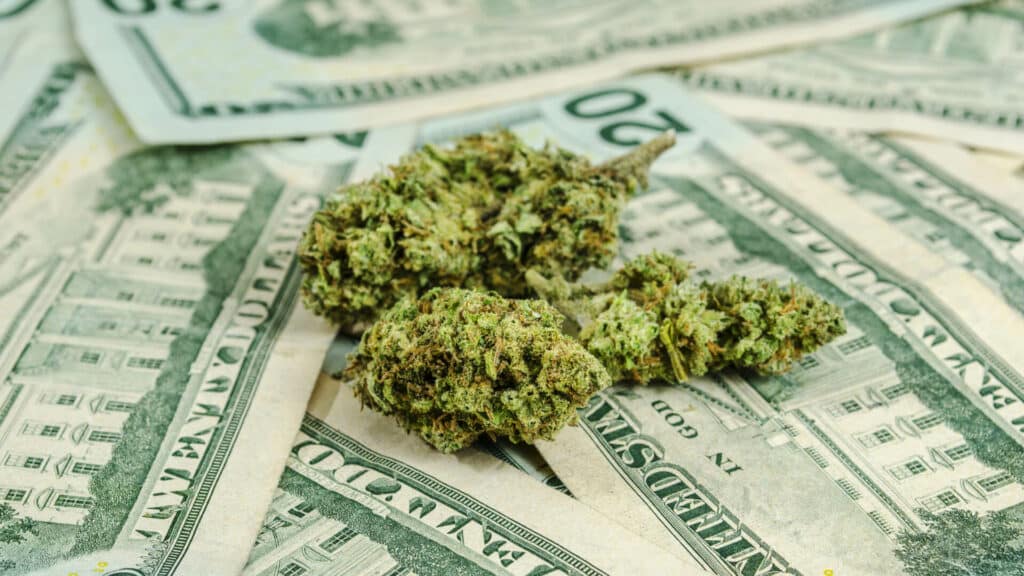 The tragic suicide of internet activist Aaron Swartz has brought to the forefront the immense power prosecutors hold over people’s lives. Aaron Swartz decided to take his own life, partly because he was facing over 30 years in prison for “downloading too many free articles from the online database of scholarly work JSTOR.” This immense power is all too well-known by marijuana law reform activists who have witnessed draconian sentences levied against medical marijuana providers in federal court, despite the fact that the providers were fully complying with state law. Hopefully, the case of Mr. Swartz will lead to real reform so that prosecutorial overreach won’t ruin more lives of non-violent citizens.
The tragic suicide of internet activist Aaron Swartz has brought to the forefront the immense power prosecutors hold over people’s lives. Aaron Swartz decided to take his own life, partly because he was facing over 30 years in prison for “downloading too many free articles from the online database of scholarly work JSTOR.” This immense power is all too well-known by marijuana law reform activists who have witnessed draconian sentences levied against medical marijuana providers in federal court, despite the fact that the providers were fully complying with state law. Hopefully, the case of Mr. Swartz will lead to real reform so that prosecutorial overreach won’t ruin more lives of non-violent citizens.
Prosecutors have a dangerous incentive to press charges and to carry out high-profile cases. These high-profile cases can lead to promotions and help obtain higher offices. Prosecutors not only have the discretion to pick and choose who gets prosecuted, but also have absolute immunity that protects them from any mistakes they may have made. This prosecutorial discretion has led to uneven prosecution in various medical marijuana states where actions in one part of California can lead to a 5 or 10 year mandatory minimum sentence in federal prison while the same action may be ignored by a US Attorney in Colorado. The absolute immunity awarded to prosecutors protects them from any liability, so they are free to wield the full force of the law against citizens, without any fear of any consequences.
Radley Balko, writing in The Huffington Post has an excellent piece on prosecutorial power that is a must read:
Prosecutors have enormous power. Even investigations that don’t result in any charges can ruin lives, ruin reputations, and drive their targets into bankruptcy. It has become an overtly political position — in general, but particularly at the federal level. If a prosecutor wants to ruin your life, he or she can. Even if you’ve done nothing wrong, there isn’t a whole lot you can do about it.
***
We need to move away from the idea that every act we find immoral, repugnant, or unsavory needs to be criminalized. Every new criminal law gives prosecutors more power. Once we have so many laws that it’s likely we’re all breaking at least one of them, the prosecutor’s job is no longer about enforcing the laws, but about choosing which laws to enforce. It’s then a short slide to the next step: Choosing what people need to be made into criminals, then simply picking the laws necessary to make that happen.
***
The federal government in particular seems to be getting less tolerant of challenges to its authority, and more willing to use more force and more serious charges to make an example of people who defy the law. You see this with the ridiculously disproportionate SWAT raids on medical marijuana dispensaries. No one seriously believes the people running these businesses are a threat to federal law enforcement officers. Sending the SWAT team is about sending a message. The government is sending a similar message when it conducts heavy handed raids on farmers and co-ops that sell raw dairy products, or when it sends paramilitary teams to raid the offices of doctors suspected of over-prescribing prescription painkillers. You see it when the feds throw the book at suspected copyright violators, or at the executives of online poker sites, threatening decades in prison. The goal in these cases isn’t to stop and punish someone who is a serious threat to other people. It’s to send a message to the rest of us: Defy the government as this person did, and here is what will happen to you.
Balko ends his piece by warning about the inherent dangers of politics influencing criminal law as “once criminality is influenced primarily by politics, we’re all just potential criminals.” I would argue that our marijuana laws are an example of politics influencing criminal laws. There are one set of rules for celebrities like Willie Nelson and the children of rich politicians, but another one for poor people. Clearly, marijuana laws aren’t based upon the harm people are causing as marijuana growers and providers are dispensing a substance that has never directly caused a death. Yet, many are facing mandatory federal sentences like they are guilty of rape or robbery. Soon, marijuana laws will change for the better as cannabis prohibition’s days are numbered, but in the meantime we must remain vigilant and support everyone who may be a victim of prosecutorial abuse because the next victim could very well be you or someone you care about.
Republished with the special permission of the National Cannabis Coalition




